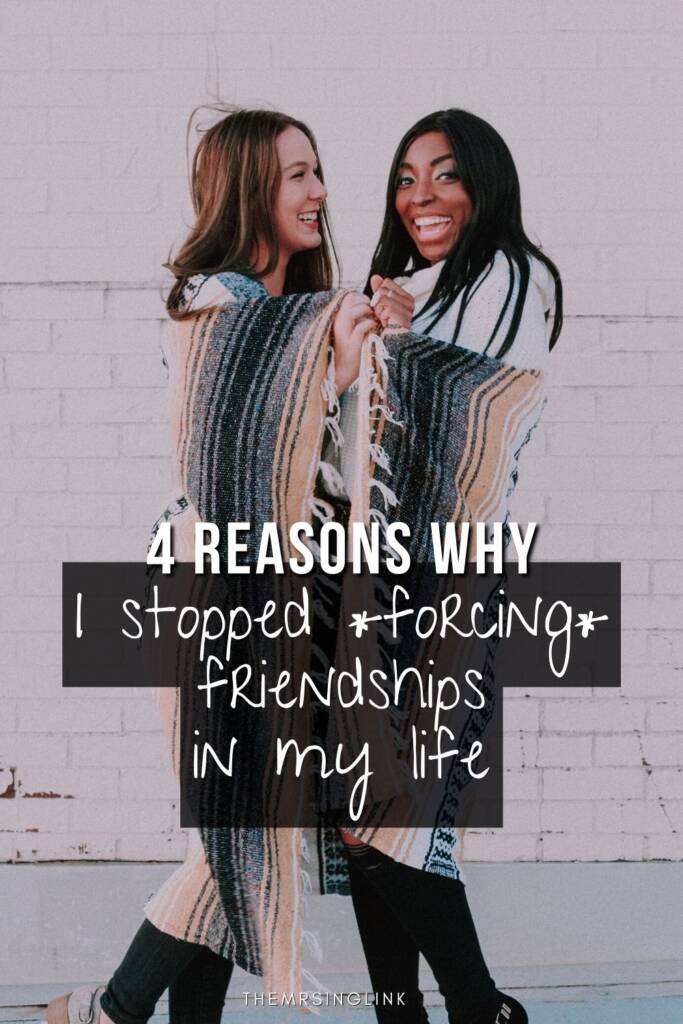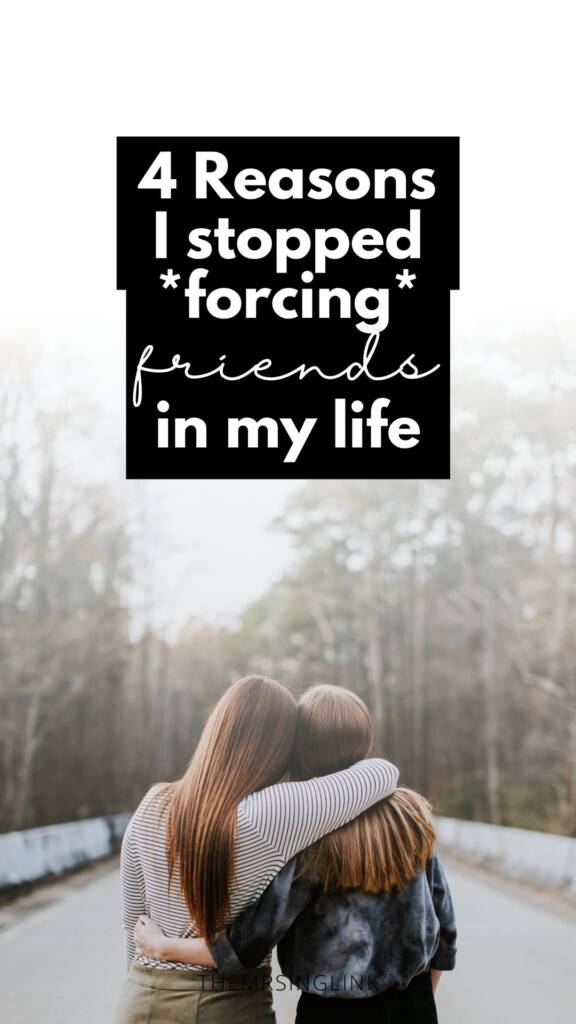If this title resonated with you, I’m glad you’re here, because not many are willing to admit (even to themselves) that the very friendships in their life are only there out of force. And let me explain the very *self* loving reasons I stopped forcing friendships in my life, or to *fit* in my life.
You know why I’m writing this post – really? Because I’ve experienced more friendships where, if I hadn’t been over-extending myself to hold onto them, they’d simply float away. Like holding onto a balloon tied to dental floss – maybe even fishing line. That stuff is practically invisible, and for good reason!
Anyway, I *forced* many people – held onto friends by any means necessary and beyond their expiration – in my life. I molded to friends’ expectations and ideas, leaving behind or willfully ignoring my own. I compromised myself in many situations just to seem likeable, *easy* and agreeable. I avoided conflict like the plague so others would see me as peaceable – I wasn’t considered *too much* or *complicated* by simply having big feelings or sharing/exposing discomfort and inequity.
I forced friendships to fit into my life – by way of accommodating to theirs. That’s what I mean by force. Now, sure, is some level of this *force* a bit manipulative? You bet it is. I was appeasing others in order to be “chosen”, mainly because I feared that if I didn’t I would lose them, or be accepted by no one. We’ve ALL done this. But that’s not the point. I’m here to give you the more *important* reasons I STOPPED forcing friendships in my life, and why you should, too.
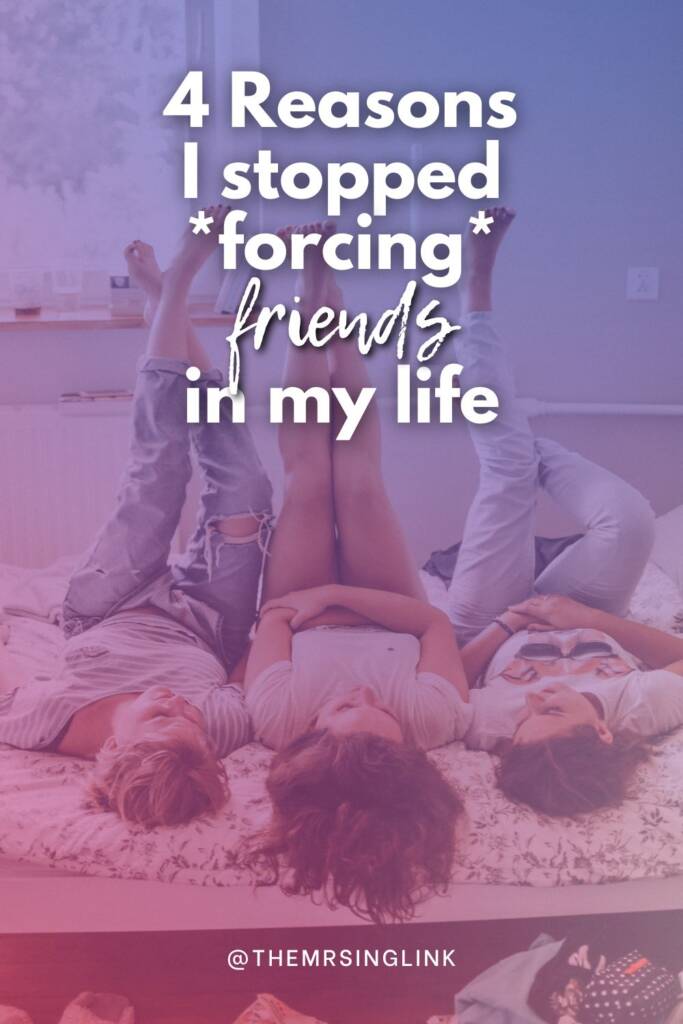
4 *self* loving Reasons I stopped forcing friendships in my life
forcing friendships meant depreciating myself
From a social standpoint, the first time I felt compelled to self-depreciation was when I experienced a *minor* bullying incident in 6th grade, by another girl, who actually tried to be my friend in the end. Let’s just say she was the more brutally *honest* type through way of verbal aggression. I look back and realize it was the fact I was fairly easy to control, yet she struggled to get the rise out of me she was aiming for.
Either way, this wasn’t the girl you messed with – she’d have the entire hallway’s ears and eyes attention if you even looked at her the wrong way. This pivotal moment, from then on, was the nail in the coffin to my introverted, alone in my own corner ways. That to feel safe in this social world it was best to be quiet, stay low, nod your head, pretend you agree, *do what you’re told* but also, like, *do more* by being *less* (so, basically, over-give yourself), and to avoid any repercussions make yourself as small and insignificant as possible.
Just *stay out of others’ way* or better yet be invisible so you’re less a burden. OH, but you also need you to, you know, *show up* – just not *too much*, but not *too little*. It’S nOt ToO mUcH tO aSk!
Oof, ouch, sorry about that. Uh, what just happened there?
So by way of forcing friendships to fit or be in my life meant I was neglecting my own needs, dishonoring my values, staying quiet or not standing up for myself, ignoring and even violating my personal boundaries, and ultimately depreciating myself to elevate them. In other words, self-depreciation meant self-neglect, and it’s often exhibited as a falsified way to receive Love, acceptance and approval from others. Am I saying self-neglect can also be used as a form of manipulation? *Crickets*.
I’ll be the one to stand up and say, “This was me“, whether I realized it or not. I *learned* that loving others meant self-neglect; I was less important than others – that the only way to elevate others was by depreciating myself.
As stupid as it may seem, think of it like this: if a friend was hurt, I thought the only way to make their pain go away was to hurt myself; if a friend was angry, then I believed I wasn’t allowed to be happy and that I had to be on the receiving end of their anger (i.e., take the blame, assume they were mad at me, help alleviate their anger by taking on their negative “energy”). Twisted, right??
[The picture below is the best way to visualize this]
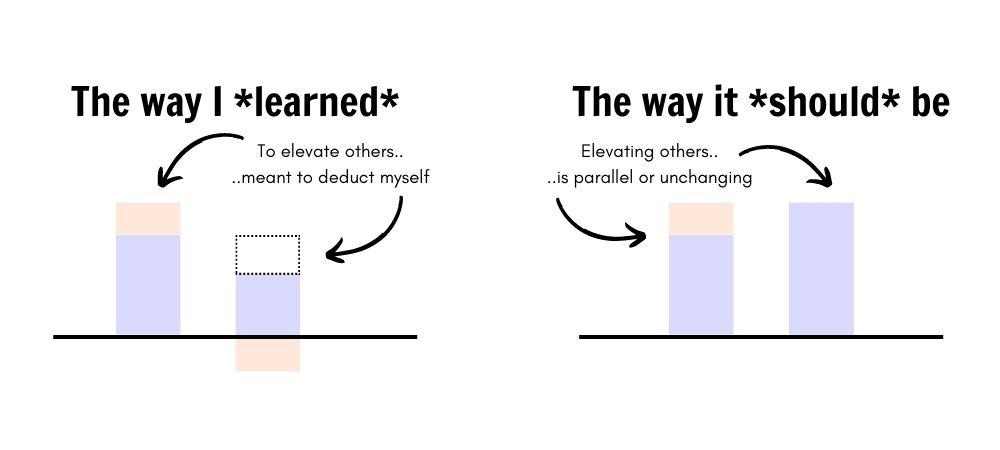
In terms of friendship, this is always fairly situational. For me, depreciation was often in the form of numbing, internalizing, dissociating from or hiding my feelings – particularly when a friend did/said something to hurt me or when I was bothered by something. Letting a friend know when something was wrong often backfired with defensive, withdrawing, stonewalling and silent treatment behavior, which reaffirmed that I wasn’t *allowed* to have feelings let alone express them *aloud* since it would offend them AND consequently jeopardize the friendship altogether.
I guess this also contributed to and resulted in me fighting for the wrong friends in life, while also being more passive-aggressive in friendship as well as my relationships. So, by depreciating myself, I was to bury my feelings or problems (that I’d have with a friend) because it was vital to prioritize their feelings over my own to keep the friendship intact.
Self-depreciation, or self-neglect, has reinforced forcing friendships by way of pushing myself off the totem pole. Needless to say, now at 30-something, I have very few friends. And I’m more than okay with that!
forcing friendships meant letting go of who I was
..and, ultimately, allowing others to decide for me. Yaaaay, codependency at its finest. Okay it’s a bit more extensive than that. It wasn’t like I laid flat on the ground and asked them to step all over me. Or did I just not say anything when they would?
Forcing friendships also forced me to abandon parts of who I was. In reality, this was actually a choice – I simply succumbed to who others wanted me to be instead of being *me*. I ended up conforming my ways, thoughts, beliefs, ideas, desires, interests, and even personality traits to [suit, compliment] theirs. MOST of my adolescence and young adulthood was spent *masking* and dissociating, since I now often question much of the existential memories I have and who I even was then. IYKYK.
Along with self-neglect, I always kind of assumed this was just what I *had to do* or was *supposed to do* (to be liked or to feel a *part* of something [a group]).
Here’s where codependency really shows its face: I looked for myself in others while also relying on others to fill this void (that I created) because it would mean I would not only gain their approval and acceptance but feel “chosen” (Loved, valued) by them. I know, sounds purely transactional since this is also what I expected to happen. And when it didn’t, I determined it was because I wasn’t worthy or enough and that I need to just “try harder” or “do this”, “be that”. Oh how often I heard that growing up.
Or, in the case of having to do with friendships, I felt it was because I wasn’t the person they wanted me to be…enough. I needed to mirror them, which meant I needed to be less and less *me*. So, by letting go of who I was, what did this look like exactly? This is obviously going to be vastly different for everyone, depending on age, too.
For me, it’s easier to reflect back on my grade school years (middle school, high school, early college), where:
- I changed my personal style according to what was “in” to suit theirs…so that I would be invited to go shopping with them or get to “exchange” or share accessories/clothing.
- I stopped engaging in certain hobbies because others said [mentioned in passing] they were weird or stupid…to then start showing interest in the things they were doing, and so that they wouldn’t find out the “weird” hobbies/interests I had.
- I would exaggerate memories or fabricate stories about myself in order to seem cool and interesting…as a way to get certain people to think or believe a certain way about me; being *interesting* gets you noticed and “in” with people (cliques).
- I was easily influenced and a push-over, and I fake-liked being *needed*. I convinced myself it was because people saw value in me. As a result I felt I couldn’t be defiant or otherwise it would demolish my standing or reputation with them. So I was guilty of doing things for certain people (because they knew I could be persuaded) and I had a very difficult time saying “No”.
Sure, these were all very petty, insignificant things from my grade school years. But all of this set the stage for how I would conform to others and the parts of myself I would give up or abandon in my 20s and now into my 30s. All in the name of having so-called friends in my life.
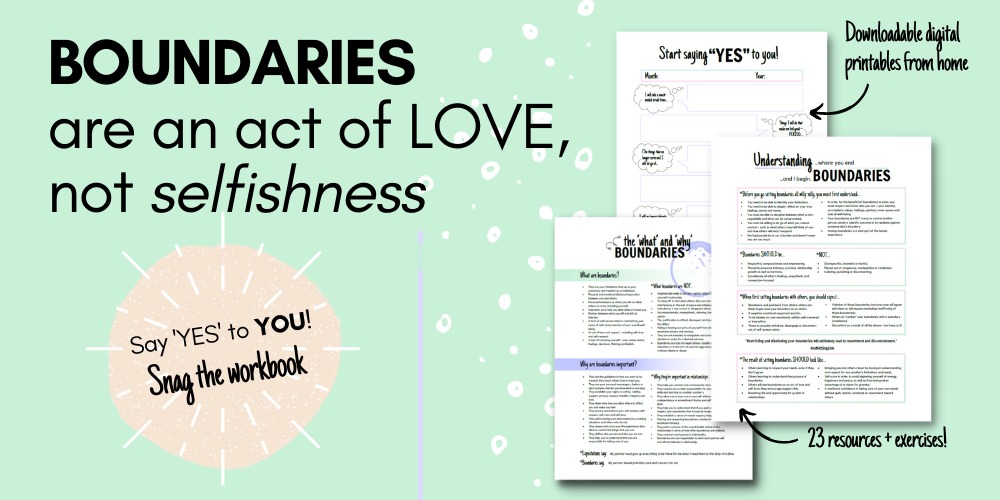
forcing friendships meant committing beyond their expiration
What do I mean by this exactly? Oh boy. Let’s just say I’ve had friends who were “over me” or moved on before I even knew it or sensed it, AND I’ve had friends who I knew “moved on” [from me] and yet I was STILL committed to being their friend/them being my friend. I think its safe to say fewer people treat their friendships equal to relationships when it comes to ending that friendship. Do we actually break up with friends these days, or do we just leave them high and dry (ghost them)?
Because, honestly, I’ve been ghosted AND ghosted more friends than I can count in comparison to having the whole, “Yeahhhh, we’re done,” or “It’s best we end this,” conversation. Not that that’s right, by any means, but is this the product of forcing friendship beyond their expiration? Could it be friends simply doing whatever self-serving means necessary to avoid facing [the discomfort of] their problems? Oope. Granted, maybe this isn’t so cut and dry. Or is it?
Like I said, I’ve had friends drop from the face of the earth when seemingly nothing was wrong (or so I believed). I think we’re in a day in age where people are actually committing less to the value of friendship because we often hear something and run with it. For instance, “She didn’t call you back last night when she said she would? Forget her – she’s a terrible friend!”
And we’re willing to do just that because we place so much emphasis on what ultimately fails us in friendship. Now friendships are being treated as dispensable, people are now replaceable, and many are easily willing to walk away without a shred of thought or decency from year(s) long friendships. More and more I’m noticing the lack of drive and fight for maintaining friendship – *healthy* friendship.
I know many will be able to resonate, but I tend to default toward giving people – friends – the benefit of the doubt. Others may have the one strike you’re out rule. Some literally don’t know when to quit (letting people walk all over them).
We’re only human, after all. That’s not going to change – I just don’t know why we’re still not comfortable being open about our imperfection in the human experience…and why we all have yet to admittedly RELATE to one another (on a deeper, imperfect level). It would make the already complicated friendships today a lot easier, less demanding, constraining and superficial, more authentic, understanding and forgiving – to the point where the confines of what we define as “friendship” may change for the better.
Still, committing to or forcing friendships beyond their expiration is also self-destructive, because at that point what usually occurs? An extreme imbalance of effort, communication and reciprocation. So what’s considered extreme? This is obviously subjective, so you have to make that determination based on when your level of commitment to that friendship becomes more self-destructive than it is constructive. And YET, this goes without saying that some will gauge the extreme on a level that is hilariously unrealistic or mindlessly harmful.
Like a friend who often takes weeks to respond to texts, increasing and persistently, to now leaving texts on Read for almost a month. Committing beyond its expiration would be to pretend like nothing’s wrong, play the “she just forgot”, “she’s busy”, and “has her own life” card, assume I’m not the only person she’s forgotten to respond to in that time, and to simply reach out as if I never sent that prior text. Sure, I *could* continue to let it go and let bygones be bygones.
This gets real old real quick. Besides, why continue to enable someone’s emotional disconnect and clear lack of effort?
Old me: I have the answer – pick me! Um, because it was important for me to force friendships in my life in order to convince them I was a valuable friend worth keeping.
Like I said before, that’s not constructive, that’s self-destructive and we’re only teaching people what we’re willing to allow.
Me today, no longer forcing friendships in my life: I had to be willing to make my own determination, for me, that this friend was given ample time, and grace, to the point where my efforts were being undermined and taken for granted.
[mailerlite_form form_id=23]I quickly noticed how few actually stay
..when I no longer force friendships in my life. Some are not going to like that statement, because this has nothing to do with “effort”. All friendships require effort, duh, but never *force* (over-giving, over-extending, harmful allegiance, or self-depreciation [neglect]).
Why are we so consumed with the notion that “having friends” means NEVER losing them, and having A LOT of them? I mean, I think the Best Friend thing is overrated, but even not having one these days is considered a social or life failure. Thankssssssss primarily to social media, which makes things WAY worse on our self-esteem. I’d be over the moon about having one good friend, yet many are practically friend hoarders out there; in the event one friendship goes sour, at least they’ve got 20 other suitors to replace them.
Also, why do we crumble at the idea that friendships are also part of the human experience; where there may be a point in life you…dare I say…legitimately have none? You’re alive and still breathing – the world is still *spinning* and time is ticking on.
Furthermore, it really SUCKS to know that if it wasn’t for over-extending *force* through conforming and self-neglect, many friends in my life would simply float away like a balloon. They wouldn’t stay unless I was holding onto them. I go through a personal rough patch in life – *POOF*, some are gone like the wind rather than weathering up through the storm with me (fewer *stayed* for when I returned). This is evident in my life, and increasingly with age (which, oddly, you would think in maturity this wouldn’t be the case).
I also noticed very quickly how few actually stay in my life when I honor who I am; my beliefs, values, interests as well as detach from the ridiculous constraints “man” or society has defined friendship to be.When the lights come on, the bugs scatter. And this is an utterly disheartening part of the human experience when we truly understand that we won’t always be liked by everyone, and there’s even those who say or show they do only until they see a part of you they aren’t willing to accept.
